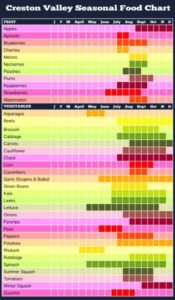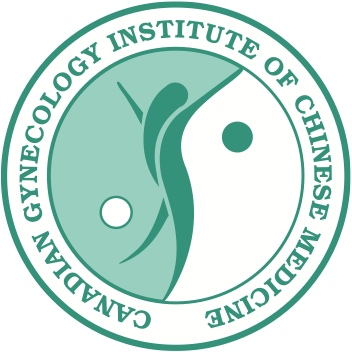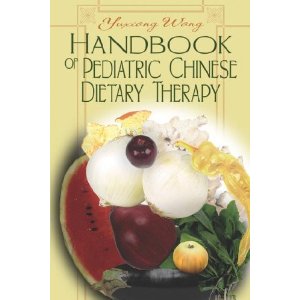Diets for Children
A few years ago Yuxiang Wang wrote a book on pediatric type diets, which can be found here. In it she outlines some important points about feeding children.
Individualized Diet
Putting children on low fat diets to lose weight is controversial at best. What is meant by an individualized diet is a diet that is based on individual biochemical and genetic differences – individual body types have specific nutritional requirements. “One’s bodily constitution is unique, and so is one’s tendency to contract various diseases. The dynamic equilibrium of Yin and Yang constitutes the conceptual framework for describing physiological functions and normal, vital activities. Any illness can be traced to a breakdown of the equilibrium between Yin and Yang. Both food and herbs are employed to correct such disequilibrium.” Traditional Chinese Medicine practitioners are trained and qualified to evaluate constitution, see your local practitioner for more information.
Food in Season
As much as it is becoming a fad in today’s western culture, eating local food that is in season is key to healthy diets. Chinese Medicine has said so for hundreds of years. “Long ago, the Chinese people recognized the different natures of wood, fire, earth, metal and water. For instance, the character of wood is to grow and flourish, the character of fire is to be hot and flare up, the character of earth is to give birth to all things, the character of metal is to descend and be clear, and the character of water is to be cold and flow downwards. In their extensive study of universal phenomena and the human body, Chinese medicine doctors applied the theory of the five elements analogy to classify all phenomena according to their nature, function, and form to explain how the human body physiologically reacts to the natural world, including seasonal change.
“Chinese medicine holds that the human body and spirit change with the seasons. Changes in growing conditions from spring to summer and restraining from fall to winter are considered essential for balancing the earth’s resources and its life forms. Nature’s cycles affect not only the external climate but also our internal health and nutrition needs. We can meet our body’s nutritional needs by eating foods in season.”
- Spring: the growing season, we eat more sweet and less sour food; more leafy vegetables, which represent fresh new growth: spinach, scallions, soybean sprouts, red dates, lettuce, fresh parsley.
- Summer: in the heat, we eat more light and cooling foods: watermelons, bitter melons, strawberries, tomatoes, mung beans, and cucumbers.
- Fall: in the descending harvest season we eat less spicy food and more sour food; more apples, grapes, mangos, lemons, hawthorns, nuts, lotus, and carrots.
- Winter: in the cold we eat more warm and heavy foods, foods that take longer to grow are generally more warming: animal foods such as lamb and beef, carrots, potatoes, and Chinese cabbage.

Food as Therapy
Children, more often than not, show signs of distress before an illness. For example, before catching a cold a child may show restlessness, a flushed complexion or thirst; before abdominal pain, a child may show signs such as loss of appetite, irregular bowel movements, or vomiting; before a migraine, a child may become upset or tired. By adjusting the diet, we can prevent or shorten the lifespan of such ailments. And because a child’s immune system is in the process of developing, good care needs to be taken to help these little bodies defend against illness.
General Recommendations for Feeding Children
Chinese medicine holds that children have inherently weak digestive systems. Not until they are around 7 years of age are their stomach’s considered fully consolidated. Here are some tips and tricks for feeding children:
- Feed a variety of foods, focus on individual need
- Feed an adequate amount, avoid overeating
- Serve food at the appropriate temperature, avoid overindulgence in cold or raw food
- Feed at regular times
- Feed in a pleasant environment
- Feed a therapeutic diet when necessary.
Regulating our health and the overall quality of our bodies is key to keeping healthy and happy. You can get more information about eating a healthy diet here: Food for Thought, Food as Medicine, and You Are What You Eat. Otherwise Yuxiang Wang’s book has a plethora of ideas for feeding newborns and children. If you have any questions or comments, please contact us.
Caroline Prodoehl, R.Ac., R.TCMP
Yuxiang Wang, R.Ac., R.TCMP, Director CGICM
References:
Wang, Yuxiang (2005). Handbook of Pediatric Chinese Dietary Therapy. Publish America. Baltimore, USA.

